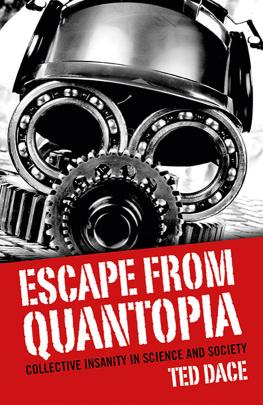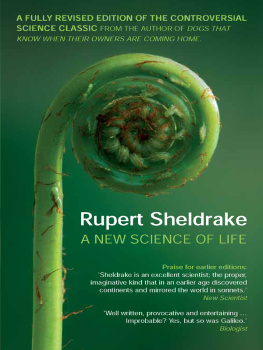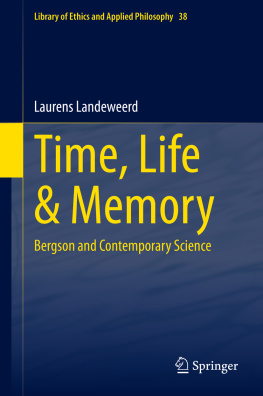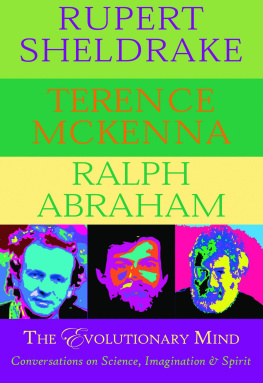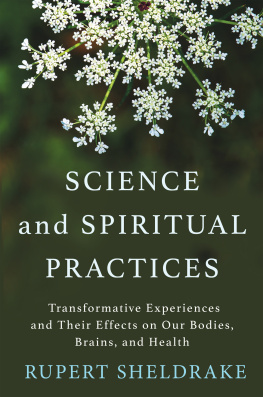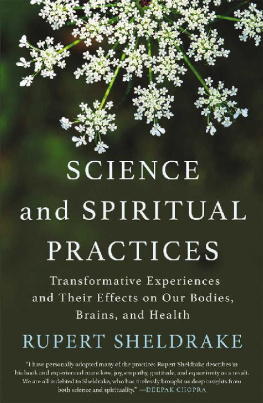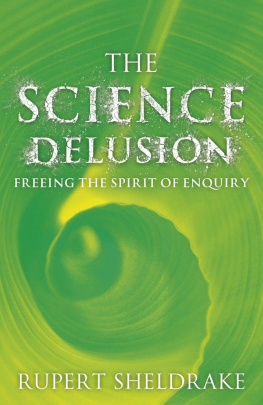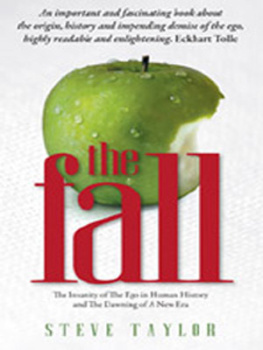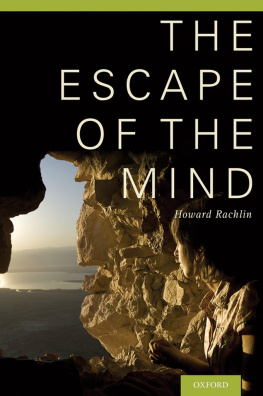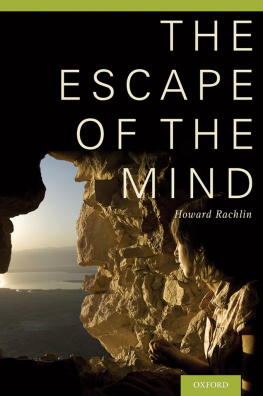First published by iff Books, 2014
iff Books is an imprint of John Hunt Publishing Ltd., Laurel House, Station Approach,
Alresford, Hants, SO24 9JH, UK
www.johnhuntpublishing.com
www.iff-books.com
For distributor details and how to order please visit the Ordering section on our website.
Text copyright: Ted Dace 2013
ISBN: 978 1 78279 610 7
All rights reserved. Except for brief quotations in critical articles or reviews, no part of this book may be reproduced in any manner without prior written permission from the publishers.
The rights of Ted Dace as author have been asserted in accordance with the Copyright, Designs and Patents Act 1988.
A CIP catalogue record for this book is available from the British Library.
Design: Stuart Davies
Printed and bound by CPI Group (UK) Ltd, Croydon, CR0 4YY
We operate a distinctive and ethical publishing philosophy in all areas of our business, from our global network of authors to production and worldwide distribution.
Introduction
Wake up, the worlds on fire!
Lawrence Ferlinghetti
From a distance a pair of headlights resembles the pointy wings of an angel. Seated on cushions two feet off the ground, we glide to our destinations. Could this be the heaven foretold in ancient texts? And when it all comes crashing down, belching out flames along the way, is that hell?
The name of this book popped into mind one day as I raced down a stairway to the exit of my workplace. In the wake of the 2008 financial meltdown, Id signed up with a temp agency that placed me at a property and casualty company insuring many thousands of clients. Every morning, I entered my cubicle and logged on to a galaxy made of ones and zeroes, my task to sequentially locate two multi-digit numbers so as to navigate to the correct window where I could then type in two other multi-digit numbers.
Except when the system inexplicably hurled itself over a cliff, that was it eight hours a day.
Not so long ago your insurance policy was your community. If your house burned down, your neighbors helped you rebuild. May not have been perfect, but by and large it worked. What it did not do was provide a means of capital accumulation for owners of insurance companies.
In little more then a century weve descended from the warm smile of humanity to the ice cold calculations of Quantopia.
Valuing profit over quality, agribusiness giants routinely lace animal feed with antibiotics, breeding resistant bacteria that make us sick. Doctors and nurses, meanwhile, have become cogs in a medical machine that turns the human body into nothing more than a bunch of billing codes for the insurance industry, as Teachers arent so much sharing knowledge gained from life study as transferring data from point A to point B, followed by quantitative measurement of how much was received. With little substantive disagreement among candidates striving to please big-money backers, politics has devolved into a spectacle of dueling percentages.
In place of neighbors and colleagues and extended family taking care of themselves and each other, we have the economy, in which all real-world values are converted into dollar amounts. To obtain a needed item means exchanging money for it, and since most of us acquire money by selling our labor on the open market, we ourselves are subject to quantification. Those who cant earn enough to pay the bills are worthless and require credit from the worth-more, always glad to lend their surplus since they get it all back with interest. While the few gain even more on top of their already excessive pile, the many lose what little we have.
Whether youre picking through garbage, juggling three jobs or building flying robots for the terror and death industry, you do what you do because money, the ultimate quantitative abstraction, decrees it.
Life is increasingly privatized behind computer screens, our interactions digitally mediated in a faceless and voiceless world. In place of touch we have Touchpads. Subjecting prisoners to years of solitary confinement doesnt seem so jarring when it only amplifies what all of us undergo to one degree or another. As spontaneity and creativity give way to narrowly defined routine, we forget the irreducible qualities that generate meaning and fulfillment. As Martin Luther King put it, The profit motive, when it is the sole basis of an economic system, encourages a cutthroat competition and selfish ambition that inspires men to be more concerned about making a living than making a life.
If capitalism is the face of modernity, science is the brain. Originally known as philosophy, the drive for knowledge accumulation took an early mathematical turn. Pythagoras and Plato substituted the tangible world of the senses with geometry, reducing a triangle to a flawed reflection of the eternal ideal triangle which, along with the other Forms, gives order to the world. Substitute Forms with laws of nature, and we have the metaphysics of modern science.
Not to be confused with actual physics, which continues to uncover astounding complexity and nuance in the world, physicalism traces the source of all things, even human beings, to transcendent law. When Stephen Hawking says biological processes are governed by the laws of physics and chemistry and therefore are as determined as the orbits of the planets, hes setting aside real science and speaking instead as a citizen of Quantopia, where mathematical laws generate everything from atoms to thoughts.
You, your joys and your sorrows, your memories and your ambitions, your sense of personal identity and free will, are in fact no more than the behavior of a vast assembly of nerve cells and their associated molecules. Though the author of this comment, Francis Crick, co-discovered the structure of DNA, his assertion is based not on empirical inquiry but the subordination of science to physicalist dogma, according to which brain activities far from facilitating our passions and our power of reasoning follow entirely from immutable laws of energy and mass.
Though science is commonly thought to be rooted in the observation of tangible events, materialism is only the shadow of mathematical idealism. What counts is not the particulars but the universal principles drawn from them. Recognizing only deterministic law and blindly obedient matter, Quantopia is a world without heart. The strictly mechanical interplay of atoms according to timeless equations leaves no room for life or love or free will or anything recognizably human.
To escape this prison of our own devising, we must backtrack to the beginning and start anew. Fortunately this is not so difficult, as the cosmic reset button is always being pressed in a process we call time.
Lost in abstraction, physicalism denies the reality of flowing presence. As we shall see, physics itself demonstrates no such thing, but experimental findings are typically interpreted according to age-old unconscious bias toward the static and timeless.
Fixed principles are a poor fit for a universe that evolves into life. By proposing that species are shaped in part by the adaptive organisms that comprise them, Charles Darwin led a failed revolt against Quantopia. Instead of passively reacting to mechanical forces, organisms respond intelligently to changing environmental conditions with new behaviors that lead, over many generations, to new bodily forms. But Darwin never satisfactorily explained how adaptations are inherited by progeny, and his theory was replaced by a physicalist alternative euphemistically labeled

